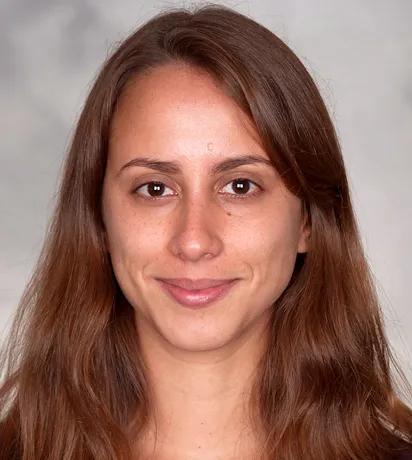
Luana Marotta

I started conducting education research in the second year of my undergraduate program at the Federal University of Minas Gerais in Brazil, my country of birth, where I studied Social Sciences. I worked for three highly productive years with The Group of Educational Assessment and Measures, where I got involved in several regional and national initiatives, including The GERES Project A Longitudinal Study of the 2005 School Generation in Brazil, the first longitudinal research program to assess school effectiveness in Brazil's elementary education system. After completing my bachelor's degree, I moved to Canada to pursue a Master's in Sociology at the University of New Brunswick. I had the pleasure of joining the Canadian Research Institute for Social Policy as a research assistant and worked on very interesting projects in education, such as the Early Years Evaluation Direct Assessment.
In 2011, I joined the International Comparative Education (ICE) Master's program at Stanford University because I wanted to continue to train with some of the best researchers in Education. After completing my Master's degree, I decided to apply for the PhD program because I felt that I still had a lot to learn with the ICE community at Stanford.
There are many reasons why I am thrilled so far with my experience in the ICE Program. First, the School offers a myriad of courses in a variety of areas in education. Because of the program's flexibility, students have the opportunity to enroll in courses from both within and outside of the School of Education. The ICE program is also a great environment for learning: the students are very motivated and willing to help each other; and the professors are accessible and truly concerned with students' progress. Moreover, the Stanford ICE is an integrated and cohesive community that provides students with a great deal of support and orientation in both the ICE Master and PhD programs. Finally, faculty and students in the program come from diverse backgrounds and have experiences in all parts of the globe.
I am also delighted to be at the School of Education to see the creation of the new Lemann Center for Educational Entrepreneurship and Innovation in Brazil, an interdisciplinary center of Brazilian studies that will support research in areas such as education policy, innovation in technological education, and teacher education. As a Lemann Fellow, I am proud to be part of this initiative that will contribute to the education debate in Brazil and to the training of professionals who will transform the education system of my country towards greater equity and quality.
